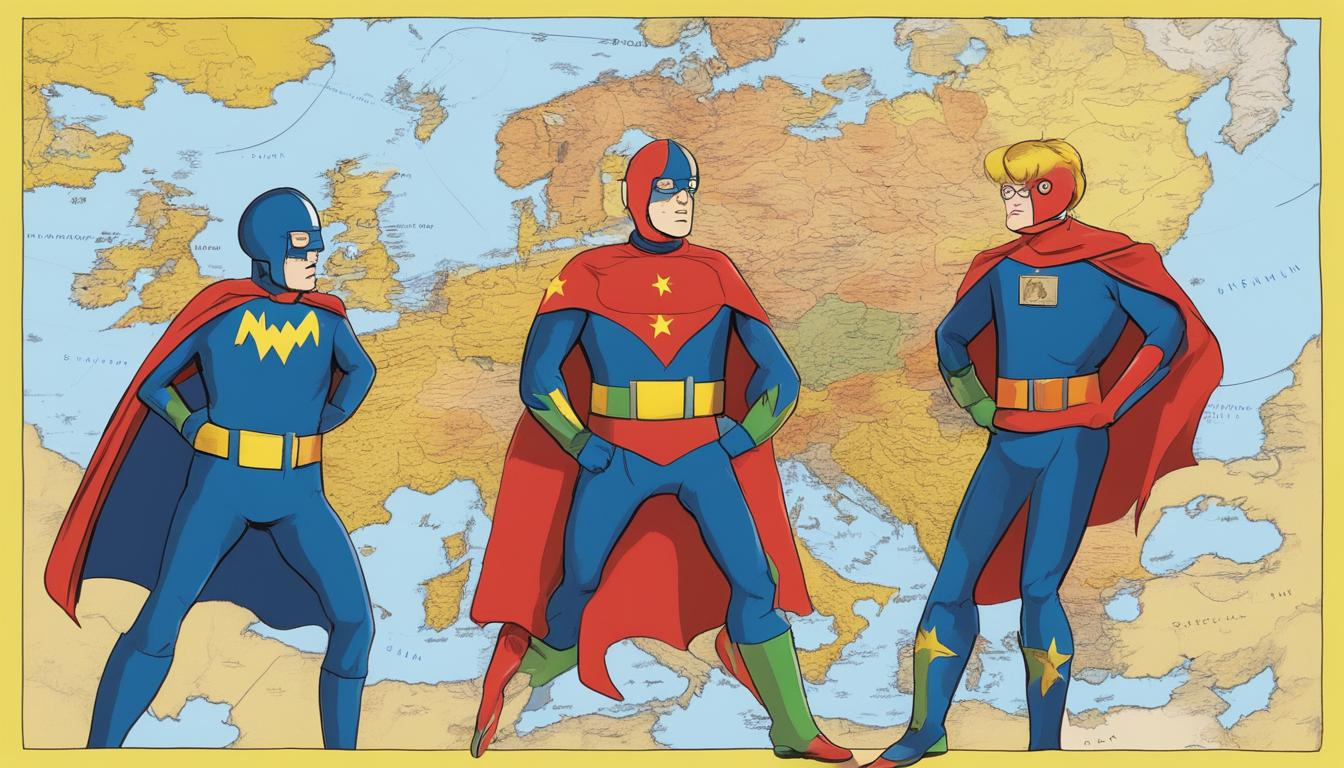In a crucial meeting aimed at harmonizing European military aid to Ukraine, German Chancellor Olaf Scholz, French President Emmanuel Macron, and Polish Prime Minister Donald Tusk showcased unity against Russia’s aggression, against a backdrop of burgeoning defence sector activity.
In a series of closely-timed discussions and announcements that underline Europe’s turbulent security landscape, German Chancellor Olaf Scholz, French President Emmanuel Macron, and Polish Prime Minister Donald Tusk convened in Berlin for an emergency session. The talks, held on March 15, 2024, were centered around the escalating situation in Ukraine and the disparities in military aid perspectives, notably against the backdrop of U.S. Congress’s hesitation to extend further support to Kyiv.
The trio’s gathering aimed to smooth over their differences, with Macron taking a notably more aggressive line on Russia and suggesting the possibility of deploying troops to Ukraine—a stance that diverged from Scholz’s more cautious approach. Tusk played a mediator role, seeking to harmonize French and German positions while advocating for increased European Union support for Ukraine.
This pivotal meeting occurred amidst a surge in activity within Europe’s defence sector, notably highlighted by Rheinmetall, a leading German defence contractor. Anticipating a record-breaking €10 billion in sales for 2024, the company has capitalized on the heightened demand for military hardware, underscored by its €38.3 billion order backlog. This boom reflects a broader shift in Germany’s defence policy and Europe’s response to an increasingly aggressive Russia.
On the diplomatic front, the Berlin summit underscored an effort to present a unified European stance concerning Russia’s actions in Ukraine. Macron’s warnings against showing “weakness” to Putin and Scholz’s dismissal of alleged divides between France and Germany showcased a concerted effort to bolster Europe’s defence posture. The convergence of military, economic, and diplomatic strategies indicates Europe’s complex maneuvering in response to Russian aggression and evolving global geopolitical dynamics.













